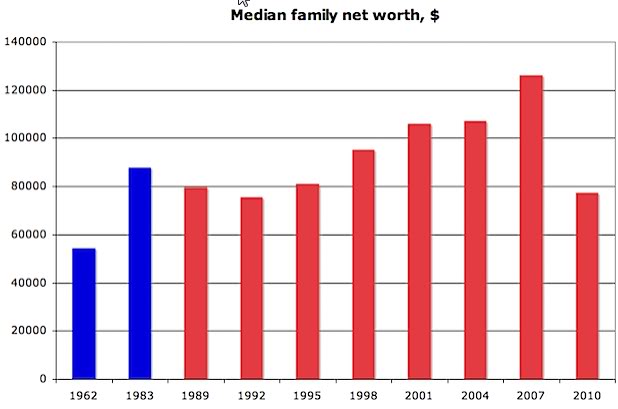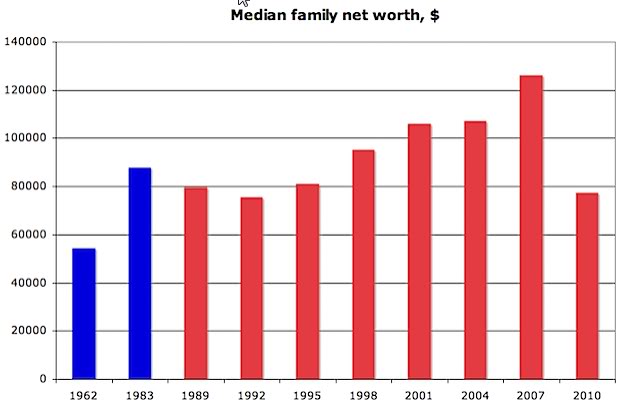"Imputed Rent": Being the value in terms of money or hypothetical income receivable for something one has or owns that would yield real income if one wished (as a house one owns and uses but might rent).
Homeowners note: There have been efforts in the past to treat "imputed rent" as taxable income in the US. It might happen again. So, say you own a home worth $250K, it would rent for $1500 per month. You're the homeowner and therefore receive this rent (as income--though it's something you "pay" to yourself since you live in the house--you don't actually transfer money, but it would be the same to the IRS). No, though you're also the "renter" you don't get to deduct that amount from your income, since renters don't get that break.
Previous attempts didn't get far, but I expect the folks in DC will be reaching a lot farther for income sources in the years ahead.
"Imputed Rent"--hear it and be afraid.




